From 6th April 2025, HMRC’s definition of a double cab pick up (DCPU) is changing. From this date, most double cab pickups are likely to be classed as cars rather than vans. This is what you need to know.
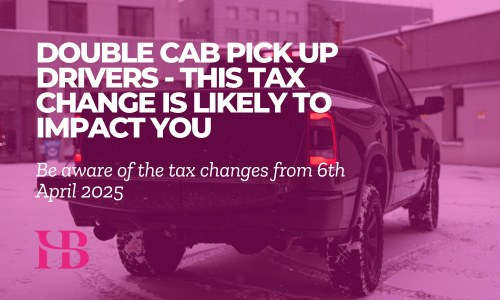
How HMRC applies tax to company vehicles
If you own or use a vehicle through a limited company, the way it is taxed depends on whether HMRC classifies it as a van or car. Understanding how HMRC will tax your company vehicle is especially important if it’s used for private journeys as well as business ones.
Each form of taxation is applied differently. For example:
- Capital allowances can be deducted from some or all of the value of company vehicles from profits before tax, depending on whether it’s a van or car
- VAT may be reclaimed on a new company van or car, as well as fuel costs, if the vehicle is used exclusively for business purposes
- Benefits in kind are payable on the private use of a company vehicle
You can read more about this in our blog here <link to blog from June 2024>
Changes for double cab pick ups
From April this year, the HMRC definition of the terms “car” and “van” for tax purposes will no longer match the definitions used for VAT purposes. Two-door, two-seat single-cab models and extended-cab models with two doors and four seats are thought to be unaffected by the move.
The new rules will apply from 1 April 2025 for corporation tax and from 6 April 2025 for income tax, with double-cab pick-ups (DCPU) treated as company cars for the purposes of capital allowances, benefit-in-kind (BIK) and some deductions from business profits.
Any employer who has purchased, leased, or ordered a double cab pickup before 6th April 2025 will be able to use the previous definition of their double cab until the earliest of the following happens: they dispose of the vehicle, the lease expires, or the date is 5th April 2029.
Impact on business: capital allowances on double cab pick ups
DCPUs purchased after April 2025 will no longer benefit from the favourable capital allowance regime typically applied to commercial vehicles. Whereas commercial vehicles ordinarily get 100% tax relief against business profits in the year of purchase, cars do not. The capital allowances available for cars are based on emissions and for DCPUs will likely be as low as 6% p.a.
Good to know – If a company takes out a contract for a DCPU before April 2025, and any expenditure towards this happens before 1st October 2025, a double cab pick-up with a payload of one tonne or more will continue to be treated as a commercial vehicle.
Impact on individuals – Benefit-in-kind on double cab pick ups
From 06 April 2025, DCPU will be treated as cars for Benefit in Kind (BIK) purposes. This may mean a significant impact on individuals.
DCPU used to be considered as a van, but under the regime, a DCPU will be treated as a car with BIK rates based on CO2 emissions and the vehicle’s list price. Most DCPUs will attract the highest CO2 emissions rate of 37%, which for a higher rate tax payer could mean a BIK of around £10,000 opposed to a van rate of approximately £4,000.
Example of when the changed definition will impact your company
The following examples all relate to DCPU used as company cars.
Example 1 – Employer A purchased a DCPU on 14 September 2025.
As purchases on or after 6 April 2025 would be subject to the new rules, in this example the vehicle would be classified as a company car.
Example 2 – Employer B leased a DCPU on 10 December 2024.
As this was leased before 6 April 2025, the previous rules continue to apply for Employer B until the earlier of the lease expiry, or 5 April 2029.
Example 3 – Employer C purchased a DCPU on 10 January 2024.
This DCPU was traded in on 10 April 2025 for another DCPU. The previous rules apply to the first vehicle until the trade in point on 10 April 2025. As the new DCPU was purchased after 6 April 2025, it will be considered a car under the new rules.
Example 4 – Employer D placed an order for a DCPU on 5 January 2025, but this was not available to the employer until 2 September 2025. As the agreement was entered into before 6 April 2025, the previous rules continue to apply for Employer D until the earlier of disposal, lease expiry, or 5 April 2029.
VAT on DCPUs after April 2025
It is important to note that there is no change to how the VAT is treated. Provided that the pick-up has a payload of 1 tonne or more, it is considered to be a goods vehicle for VAT purposes and VAT can be reclaimed by the business according to the normal rules.
HB Accountants is here to help you
These changes, combined with the variations in tax levies depending on what type of vehicle is purchased and how it is used, can be complicated. We are very happy to discuss your current fleet or future plans with you to determine the best options for your business and how this will impact your directors and employees. HB accountants is here to support your business and personal finances, and will always share information that will help with growing your business or improving your personal life.
For more information about all the ways HB goes above and beyond for you, your company and our community, contact the team at HB Accountants. We’re here to help.
Please feel free to contact the team on 01992 444466. We’re accountants for business and we’re here to help you grow.
Read our latest blogs beloww or click here for more
- HMRC Advisory Fuel Rates (AFRs) from 1st June 2025
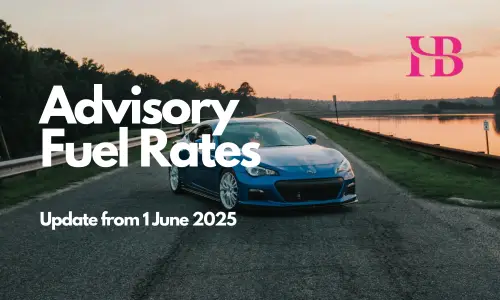 HMRC has published the latest Advisory Fuel Rates (AFRs) which apply from 1 June 2025. AFRs are the official rates used when reimbursing employees for business mileage in company cars. They’re reviewed every quarter (February, May, August and November) and adjusted in line with fuel prices.
HMRC has published the latest Advisory Fuel Rates (AFRs) which apply from 1 June 2025. AFRs are the official rates used when reimbursing employees for business mileage in company cars. They’re reviewed every quarter (February, May, August and November) and adjusted in line with fuel prices. - How an audit can help your business (and actions you can take to make it go smoothly too!)
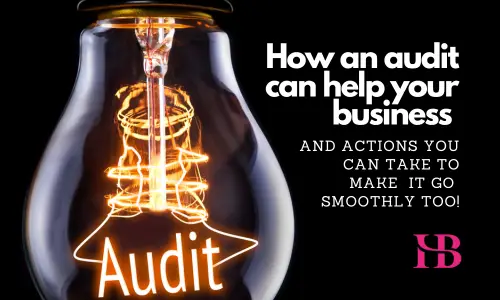 An audit may be a legal requirement for your business but a well managed audit can also boost your business growth and ensure that it is operating in the best way possible.
An audit may be a legal requirement for your business but a well managed audit can also boost your business growth and ensure that it is operating in the best way possible. - Why a budget helps you to focus on business growth
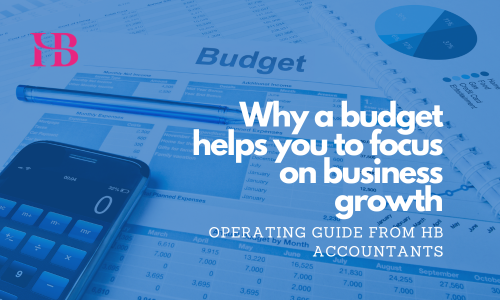 Are you looking for clarity over the future direction of your business? Do you want to know the actions you should take in order to grow your business? Then consider taking time to create a budget for your business.
Are you looking for clarity over the future direction of your business? Do you want to know the actions you should take in order to grow your business? Then consider taking time to create a budget for your business. - How a SME Owner Can Create More Time
 SME owners and managers – are you part of the one in five small and medium-size enterprise managers that work on average an additional 3 hours a day on a regular basis? Or one of the 33% that claim that there just aren’t enough minutes in a day to get everything completed? (The Independent study … Continue reading
SME owners and managers – are you part of the one in five small and medium-size enterprise managers that work on average an additional 3 hours a day on a regular basis? Or one of the 33% that claim that there just aren’t enough minutes in a day to get everything completed? (The Independent study … Continue reading - A New Academic Year for our Student in Zambia
 As the new academic year unfolds in Zambia, we are delighted to share an update about our sponsored student, Getrude. Currently in her second year at Chalimbana University, Gertrude is studying Business Administration in Accounting and Finance.
As the new academic year unfolds in Zambia, we are delighted to share an update about our sponsored student, Getrude. Currently in her second year at Chalimbana University, Gertrude is studying Business Administration in Accounting and Finance. - Benefits in Kind via the Payroll
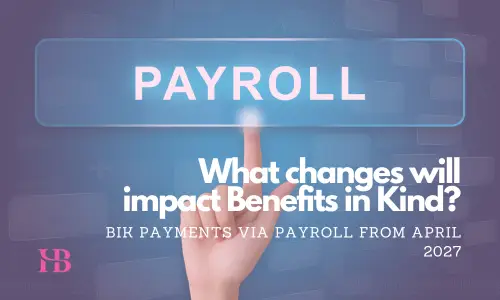 From April 2027, Benefits in Kind (BIK) payments will need to be paid and recorded via payroll each month. Businesses need to prepare for this change.
From April 2027, Benefits in Kind (BIK) payments will need to be paid and recorded via payroll each month. Businesses need to prepare for this change.
The information contained above is for general guidance purposes only. Whilst every effort has been made to ensure the contents are accurate, please note that each individual has different circumstances and it is essential that you seek appropriate professional advice before you act on any of the information contained herein. HB Accountants can accept no liability for any errors or omission or for any person acting on or refraining from acting on the information provided in the above
Feel free to follow us on Instagram to get to get a flavour of who we are @HBAHoddesdon

